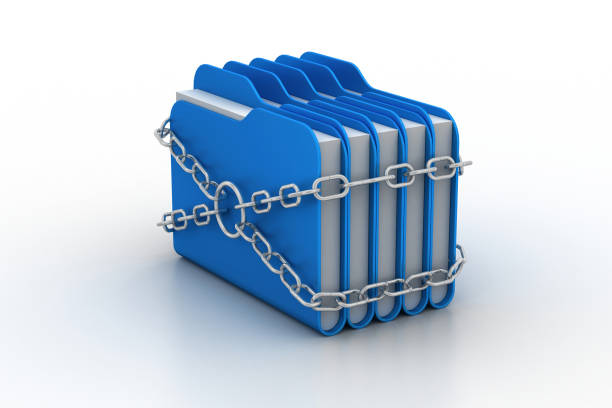As we continue to amass vast amounts of digital data, the importance of secure and reliable storage solutions becomes increasingly apparent. Metal backup, an innovative approach that leverages durable materials like stainless steel, offers a robust and long-lasting method for preserving critical information. In this article, we’ll delve into the concept of metal backup, its advantages, and the various types of solutions available in the market.
- Understanding Metal Backup
Metal backup, also known as “cold storage” or “offline backup,” involves storing data on a durable, physical medium that can withstand environmental damage and degradation. By utilizing materials such as stainless steel, metal backup provides a dependable solution for long-term data preservation, even under extreme conditions.
- The Benefits of Metal Backup
Metal backup offers several significant advantages over traditional storage methods:
- Durability: Metal is highly resistant to physical damage, heat, humidity, and electromagnetic interference, ensuring your data remains safe even in harsh conditions.
- Longevity: Metal backup solutions are designed to last for decades, if not centuries, making them ideal for long-term data archiving.
- Security: Storing data offline on a metal medium significantly reduces the risk of data breaches, as it is inaccessible to cybercriminals and malware.
- Easy Recovery: In the event of a disaster, metal backups can be easily accessed and restored, minimizing downtime and ensuring business continuity.
- Types of Metal Backup Solutions
A variety of metal backup solutions are available, each with unique features and benefits:
- Engraved Metal Plates: These plates have data physically engraved onto their surface, often using a laser. This method is highly resistant to physical damage and can last for centuries.
- Metal-Coated Media: Some solutions involve applying a thin layer of metal onto traditional storage media, such as hard drives or tapes, to enhance their durability and resistance to environmental factors.
- Metal Storage Devices: A few companies offer custom-designed metal storage devices, which are tamper-resistant and specifically built to store data securely.
- Best Practices for Implementing Metal Backup
To maximize the effectiveness of your metal backup solution, follow these best practices:
- Regular Backups: Schedule regular backups to ensure your data is up-to-date and minimize potential data loss.
- Data Encryption: Encrypt your data before storing it on a metal backup to add an extra layer of security.
- Multiple Copies: Create multiple copies of your metal backup and store them in separate locations to guard against loss or theft.
- Test Your Backups: Regularly test your metal backups to verify their integrity and ensure you can restore your data when needed.
- Industries Leveraging Metal Backup
A range of industries can benefit from implementing metal backup solutions:
- Healthcare: Protect sensitive patient data and comply with strict regulations by storing information on durable metal backups.
- Finance: Safeguard critical financial data and ensure business continuity in the event of a disaster.
- Government: Preserve classified or historically significant documents on metal backups to protect against data loss or theft.
- Entertainment: Archive movies, music, and other digital content on metal backups to ensure long-term preservation.
Metal backup provides a durable and secure solution for safeguarding your critical data against potential disasters. By investing in a metal backup strategy, you can fortify your data and ensure its longevity, providing peace of mind and protection for years to come. As technology continues to evolve, metal backup remains a reliable option for those seeking a robust and time-tested approach to data preservation.












